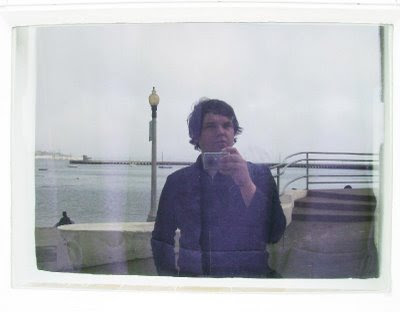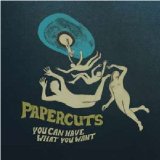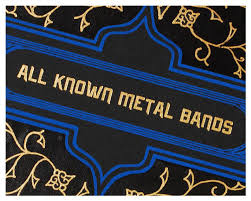
Weepy joys
A friend of mine, a poet and novelist and a bit of a hermit, recently decided to ditch his home Internet service. He still surfs at work, where he follows news and opera stuff, and hunts down movies to add to his excellent DVD collection. But he was sick of the tension he felt at home between the physical machine that served as a multi-pronged typewriter for his creative efforts and the seemingly infinite virtual machine that lurked behind the screen. Every Google search or headline scan seemed a boastful and unspoken reminder of the enormous disparity between the halting, solitary, vulnerable work of writing and the overbearing and profligate obscenity of the global chatter brain.
I have been thinking a lot about my pal, and about how shocking his decision first seemed, and how sad I am that a decision like that would seem shocking, to anyone really but especially to me. Actually, I have been feeling singularly uninspired about writing online of late (April was a new low in posts). I am tired of slogging it out in the memetic meat market, of the hamster wheels and the meta-tweets and the log-rolling circle jerks and the endless and nauseating self-shilling. Is this what being a writer means now? I don’t want to become an outright crank like my pal, who doesn’t own a cell phone and thinks digital cameras have ruined the work of personal memory that physical film sustained. But that’s the slippery slope I have been scooting down of late.
Luckily the new Papercuts record is so delicious and moving that it has drawn me out of my mopey shell. So I just gotta tell you about it, even though there is no possible meaning and purpose to another record review—even a brilliant one, which this is certainly not—in a discursive universe lousy with the things. Except of course if you buy the record by following the Amazon link below—ka-ching!!
Though not a “big” or even brilliant record, You Can Have What You Want is a huge-hearted one, a sad dream-pop quiver of fuzzy arrows that, in my case anyway, one Jason Robert Quever has aimed with disarming accuracy at a soul that has been suffering the passions of late, giddy and besotted upsies followed by bitter downsies, and all spinning somewhat out of control through one of the darkest and least remunerative patches of history my generation has known.
The first cut, “Once We Walked in the Sunlight,” opens with a fluttery but strangly static keyboard cloud that announces the paradoxical propulsive drift that dominates the record, as the dry and pared-down drums push the groove forward through a hazy wet fog of keyboards and woozy melodies that hover like retinal after-images. Quever’s breathy, almost lazy vocals ride happy into sad, and frequently turn, during the choruses, into tattered angels of sublimity. As the record moves forward, it seems to grow more cosmic, even as it retains a deeply informal economy, an epic of small gestures. It earns the right to include a song called “The Void” by reminding you that, as the Mekons once told us, the abyss is close to home.
The production and arrangement is an all-analog, if-the-90s-turned-out-to-be-60s affair that manages to avoid the preciousness such moves can engender through a minimalist spin on the Phil Specter/Brian Wilson legacy and an immense feeling for the specific emotional ambience of analog’s organic soundworld. Like Panda Bear’s mighty Person Pitch, it pours new wine into old bottles and ambrosia bubbles out, and gets you all weepy and wonder-soaked in a timeless untimely way.
The whole album is a “A Peculiar Hallelujah,” as one of these songs are named. But that may be the only kind of hallelujah that works these days, when, as Quever sings, “the water is rising high.” But this is not a record of despair or even of melancholy exactly, but of joys that can’t disguise their own passing, of emotions that might already be a form of eclipse. That’s why he sounds sad when he tells us that “You can have what you want.” And why that particular loop-de-loop makes sense.





